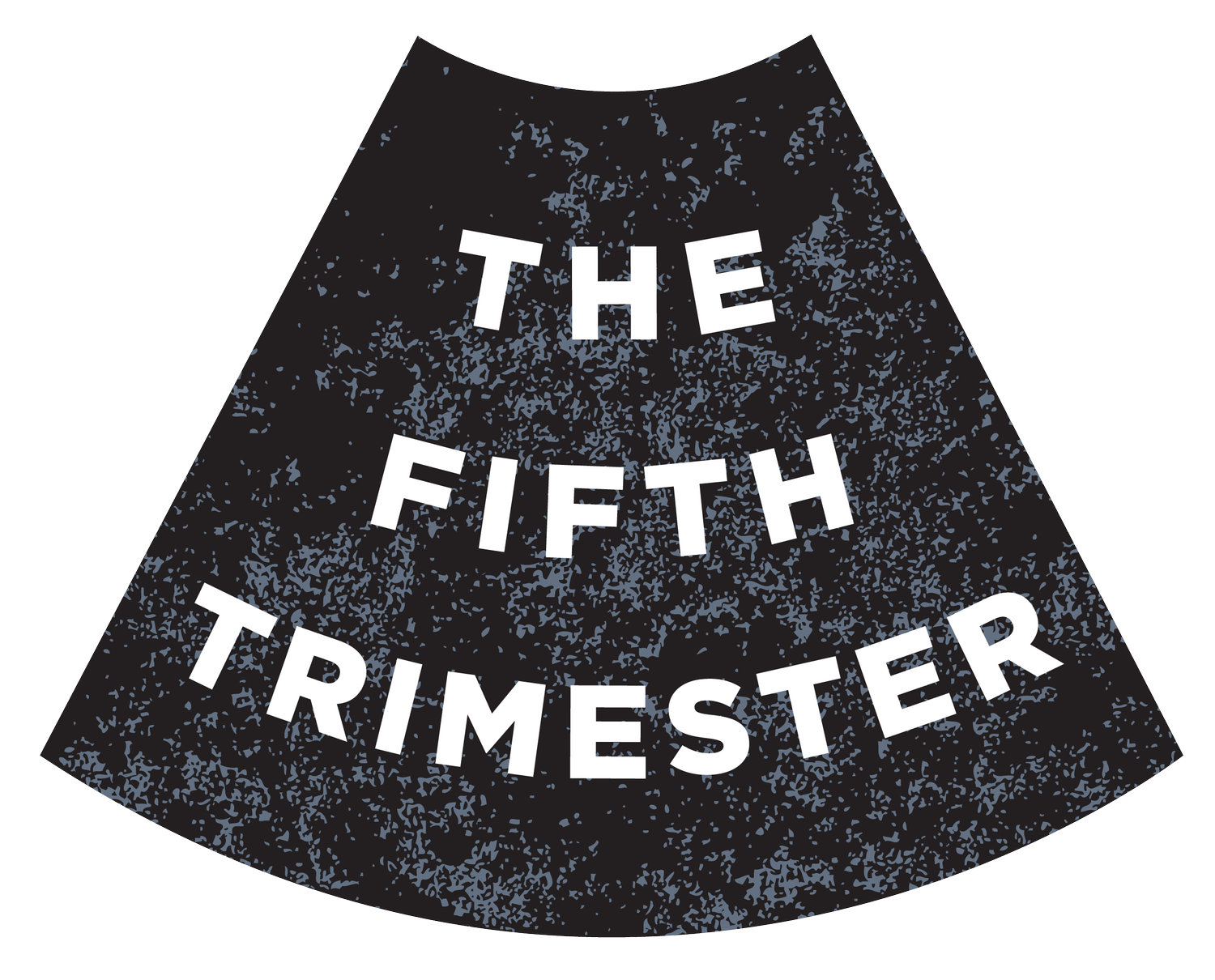Debate the politics of paid leave all you want (I'll happily join in, as long as it's not at my Thanksgiving table), but hard scientific data? You can't argue with that. Meet one brilliant mom who's uncovering facts that could move the needle on major public policies for American parents.
Kim Noble, MD, PhD, is one of my working mom heroes. She’s mom to two (completely adorable) girls, ages 2 and 4. She’s also a pediatrician and a neuroscientist (see: all of those hard-earned letters after her name). But more than that, the work she does, studying poverty and early childhood development, has the potential to make massive change for families on a federal policy level...and to impact your own next parental leave.
I asked Kim to fill us all in on her latest research at her Neurocognition, Early Experience, and Development (N.E.E.D.) Lab at Columbia University’s Teachers College. After a successful preliminary pilot, she and her collaborators are about 75% funded for an unprecedented national study that could provide the first-ever causal evidence of the impact of poverty reduction on babies’ and toddlers’ cognitive, emotional, and brain development—all by doing something really simple: giving brand-new moms a little extra cash. If all goes as planned, it will launch next summer.
Can you give me the layman’s—or maybe I should say laymom’s, sorry—description of your research?
We are recruiting 1,000 low-income moms nationally, in the hospitals when they give birth. Half will receive a large monthly income supplement ($333 a month), and half will receive a nominal amount ($20 a month), for the first three years of their children’s lives. They leave the hospital with a debit card that’s already activated, and then it’ll automatically reload monthly, and they can spend the money however they wish. We’re not shoehorning families into a specific kind of intervention. We’re giving the parents the money and making it unconditional.
Where are you recruiting?
We will be in four sites around the country: New York, New Orleans, Omaha, and Minneapolis, places with different costs of living but also different levels of social services. New York, for example, has a high cost of living and but the social services that moms qualify for tends to be pretty generous.
Dr. Noble with her own two girls, Lucy and Sophie
Do you imagine that the impact on kids will be due simply to the moms’ having more resources? Or is it more subtle than that? Perhaps they’ll be freed up to work less, have more time to bond and play?
You hit the nail on the head. We think that there are two main, measurable pathways through which the extra income is going to work: One is what we are calling the “investment pathway,” the idea that with more material resources, moms are going to be able to buy more books and toys, take more trips to the museum, afford better childcare and better housing in better neighborhoods. The other pathway is what we are calling the “reduced family stress pathway,” the idea that if moms are less worried about keeping the lights on or paying the rent, less in need of taking on that third job, that they’re going to be able to spend more time with their kids and be less stressed out when they’re doing it.
What does it mean for a new mom to worry just a bit less about money?
Well, we know that whenever someone is strained or stressed, they have less of what we call cognitive bandwidth, fewer mental resources to devote to everyday decision making. And that kind or strain can take the form of economic strain, or time strain.
How does that alleviating that strain impact the baby?
Moms are better able to manage the day-to-day pull of family life. Making sure they get their child to their well-baby checks or make that dentist appointment, better able to make family routines, reduce family chaos, which we know are all important for anchoring children’s development.
I wonder if some of the women in the trial might experience career growth during these three years.
It’s possible that their income will grow. It’s possible that it will simply stay steady instead of fluctuating. It’s also possible that the supplemental income will allow them to secure more career-building prospects, as opposed to patching together odd jobs.
What kind of leap can we make from your research to the potential impact of paid parental leave, if any?
That’s absolutely one of the things that we think there might be implications for in changing public policies. It was important to pick a dollar amount that could be feasibly informative to policy makers. The difference between those two amounts [$333/month vs. the control group of $20/month] is about equal to the earned income tax credit and other policy relevant social services that low-income moms may receive. If we know that increasing a mom’s income allows her to take more time away from the labor force shortly after having a baby and she’s therefore able to spend more time with that child in a warm and nurturing manner, we think that’s going to have cascading positive impacts on the children’s cognitive brain development.
I love that word, “cascading.”
It’s a waterfall effect. Once it starts, you can’t stop it.
And it adds up, it pools, into something that only grows. Kind of like the potential impact of your research.
We hope so. We really want to make a difference.
Want to learn more, or donate to this research? Email Kim at kgn2106@tc.columbia.edu.















